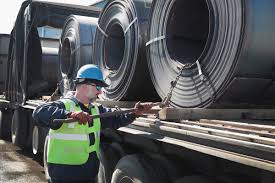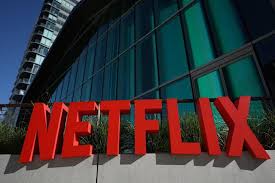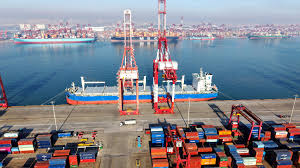Amidst strong political and labor resistance to the Japanese company’s roughly $15 billion takeover of the venerable American steelmaker, Nippon Steel Corp. increased its capital commitment on Thursday by more than $1 billion to be spent on U.S. Steel’s operations.
Nippon Steel has committed an additional $1.3 billion to improve its plants in Pennsylvania and Indiana, bringing its total investment to $1.4 billion.
The president and CEO of U.S. Steel, David Burritt, praised the statement, stating that it demonstrated Nippon Steel’s intention to “complete the transaction and expand U.S. Steel.” It was set aside by the United Steelworkers as “lip service.”
The transaction takes place amid a wave of resurgent political support for reviving America’s manufacturing sector, a presidential campaign that has Pennsylvania at its center, and an extended period of protectionist U.S. tariffs that, according to analysts, have stimulated domestic steel production.
Nippon Steel announced in a statement that it would invest at least $1 billion to modernize the Mon Valley Works facilities in Pennsylvania, including the hot strip mill at the Pittsburgh-area Irvin Plant, and around $300 million to upgrade a blast furnace at Gary Works in Gary, Indiana.
Laptops 1000The promises will strengthen and increase the competitiveness of the American industry and the Pittsburgh-based U.S. Steel, Burritt said, “far exceeding” what the firm would have made on its own.
“In the end, these are investments in the future of integrated American steelmaking and the people who work there their families, and their communities,” Burritt stated in a release.
The upgrades, according to Nippon Steel, will increase productivity and prolong the life of the facilities. Even with the continued resistance from labor and politics, it restated its expectation that the deal will close in the second half of 2024.
The United Steelworkers opposed the agreement because it supported Cleveland Cliffs, a US-based company, in its proposal.
The grievance was finished on August 15 and submitted to the union. The three arbitrators now have the case, according to the union.
The Steelworkers are criticizing what they see as the transaction’s failure to incorporate its contractual agreements on labor, pensions, and other topics after they were not informed of the details. They claim they are set on “keeping U.S. Steel U.S. owned.”
Nippon’s pledge was rejected by the union’s officials, who said that U.S. Steel had already breached several commitments, including closing facilities and rescinding capital expenditures, one of which was intended for plants in the Mon Valley.
The union’s international president, David McCall, and the chair of the negotiating committee, Mike Millsap, issued a statement saying, “Nippon is still trying to hide behind its North American shell company to shield itself from its contractual obligations to retirees and our communities, and it still needs to answer to pressing concerns regarding our critical supply chains and national security.” “Much talk, little action—this is just more of what we’ve seen all along.”
Senior political figures on both sides of the aisle have opposed the sale, with the United Steelworkers being opposed to the agreement.
During a campaign stop in York, Pennsylvania, this week, Republican presidential nominee and former president Donald Trump reaffirmed his vow to obstruct the agreement.
The Democratic contender and Steelworkers union-endorsed vice president Kamala Harris has not discussed the agreement since President Joe Biden withdrew his candidature in July.
But after publicly endorsing organized labor, Biden had all but promised to stop the sale of U.S. Steel, saying at a Pittsburgh steelworkers’ protest in April that the business “should remain American.”
Several prominent U.S. senators, including Democratic senators Bob Casey, John Fetterman, and Sherrod Brown of Pennsylvania as well as Republican senators Ted Cruz of Texas, Josh Hawley of Missouri, and JD Vance of Ohio, who is currently Trump’s vice presidential nominee, have opposed the agreement on the grounds of economics and national security.
Biden’s White House has stated that the acquisition will be examined for national security issues by the confidential Committee on Foreign Investment in the United States, while the Department of Justice is exploring it for compliance with antitrust laws.
The president is empowered by federal law to veto a transaction, as the committee recommends.
















